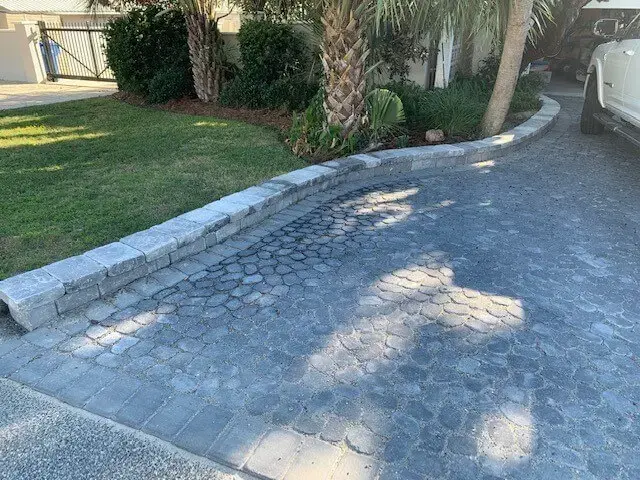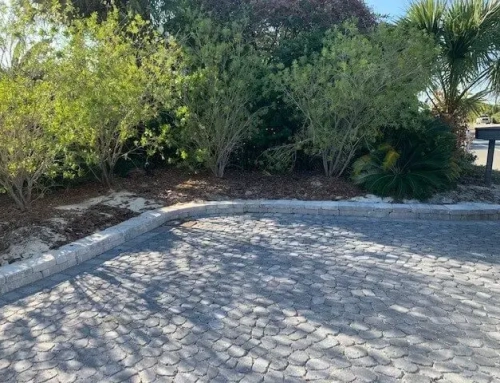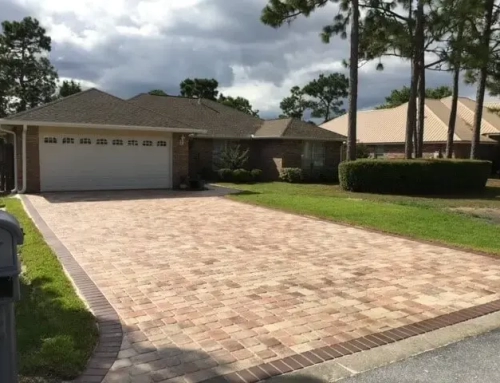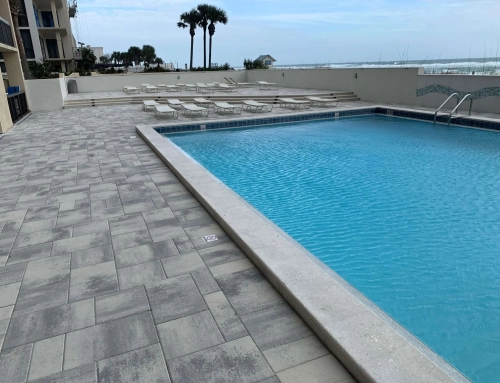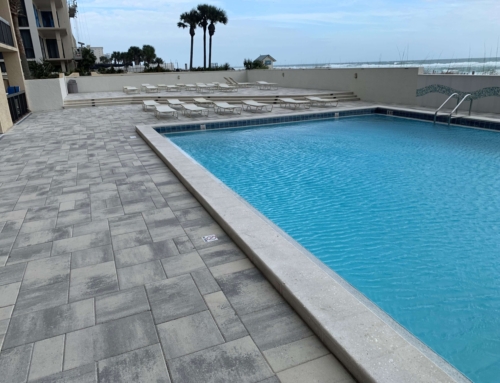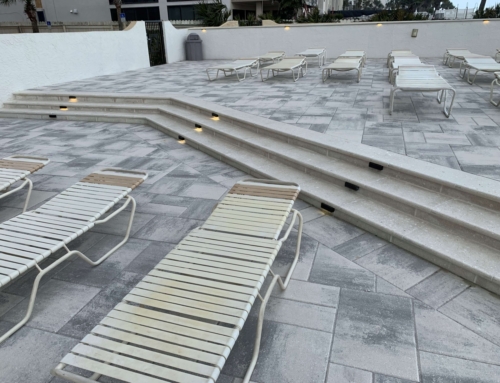Paver Driveways: Common Questions
When considering a paver driveway, homeowners often have several questions regarding durability, suitability for different climates, maintenance requirements, and more. Here are the answers to some of the most common questions about paver driveways.
How Long Do Paver Driveways Last?
- Longevity of Paver Driveways:
- Paver driveways are known for their exceptional durability. With proper installation and maintenance, a paver driveway can last anywhere from 25 to 50 years, or even longer. This longevity often surpasses that of asphalt driveways, which typically last around 15 to 20 years.
- Factors Influencing Lifespan:
- The lifespan of a paver driveway can be affected by factors such as the quality of the pavers, the stability of the base, the climate, and the level of maintenance. Regular cleaning, sealing, and prompt repairs can help extend the life of your driveway.
Are Paver Driveways Suitable for All Climates?
- Performance in Various Climates:
- Paver driveways are versatile and can perform well in a variety of climates. In areas with freeze-thaw cycles, pavers are particularly advantageous because their interlocking design allows for movement, reducing the likelihood of cracking.
- Considerations for Extreme Climates:
- In hot climates, pavers can withstand high temperatures without softening or deforming, which can be a concern with asphalt driveways. In colder regions, proper installation with a well-draining base is essential to prevent frost heave and ensure long-term stability.
What is the Maintenance Requirement for Paver Driveways?
- Routine Maintenance:
- Paver driveways require relatively low maintenance compared to other driveway materials. Regular sweeping and washing are usually sufficient to keep the driveway clean. Sealing the pavers every 2-3 years helps protect against stains and weathering.
- Repairing Damage:
- One of the significant benefits of paver driveways is the ease of repair. If a paver becomes cracked or damaged, it can be individually replaced without affecting the rest of the driveway. This is a considerable advantage over materials like concrete, where a crack can necessitate extensive repairs.
Can I Install a Paver Driveway Myself?
- DIY vs. Professional Installation:
- Installing a paver driveway yourself is possible, especially if you have experience with landscaping or construction projects. DIY installation can save on labor costs, but it is a labor-intensive process that requires careful planning and execution to ensure a level, stable surface.
- Safety and Technical Considerations:
- If you’re considering a DIY installation, be aware of the physical demands of the job, including excavation, hauling materials, and operating equipment like a plate compactor. For complex designs or large driveways, hiring a professional might be the better option to ensure a high-quality result.
What is the Cost Comparison Between Paver Driveways and Other Materials?
- Comparing Costs:
- While paver driveways generally have a higher upfront cost than asphalt or gravel driveways, they offer better long-term value. Asphalt driveways cost less initially but typically require more frequent maintenance and repairs. Concrete driveways are comparable in cost to pavers but are more prone to cracking.
- Long-Term Value:
- When considering the lifespan, durability, and low maintenance requirements, paver driveways can be more cost-effective in the long run. Additionally, the enhanced curb appeal of a paver driveway can increase property value, providing a return on investment if you decide to sell your home.

